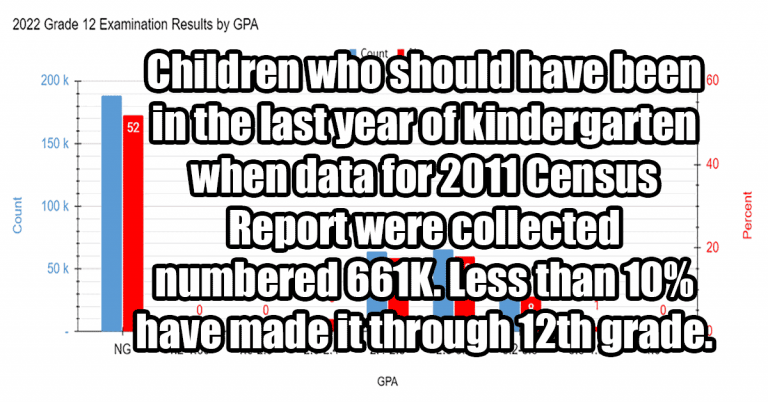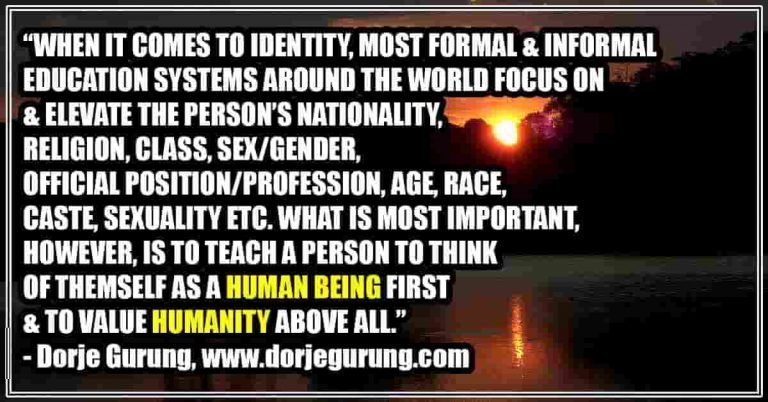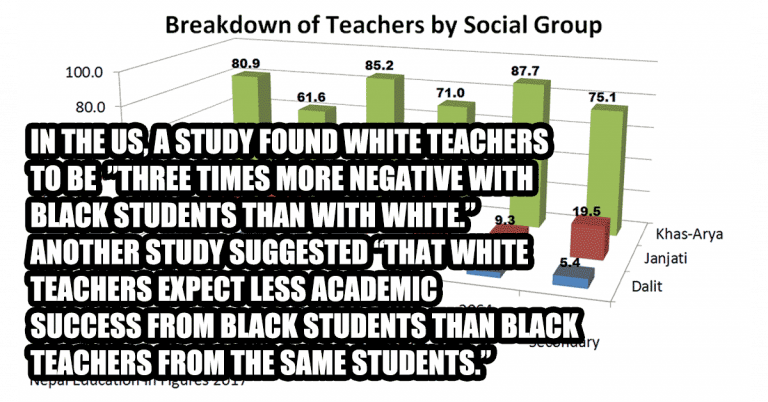My Work for the Giant

Reproduction of a story I wrote as maybe a 7th grader in an on-the-spot short-story writing contest. I reproduce it here because the story won first prize!

Reproduction of a story I wrote as maybe a 7th grader in an on-the-spot short-story writing contest. I reproduce it here because the story won first prize!

In the Summer of 2011, when the 2011 Census was being collected, children in the second grade, seven-year olds, numbered 628K. The group completed their schooling -- grade 12 -- in 2022. Less than 10% made it through!
This blog looks how the totally corrupt and flawed education system does that and the consequence of that for a vast majority of the population.

Nepali education system is so screwed up, schooling does NOT prepare you adequately for externally assessed terminal examinations. Furthermore, each stage of schooling does NOT prepare you for the stage that follow either. Instead, it requires that you get outside help to prepare yourself and continue your academic career!
What's the point of such an education system?!

When it comes to identity, most formal and informal education system around the world focus on and elevate the person's nationality, religion, class, sex/gender, official position/profession, age, race, caste, sexuality etc. What is most important, however, is to teach a person to think of themself as a human being first and to value humanity above all.

A primary school poetry textbook contains 108 poems by 66 poets representing only 44 surnames. All but three were male poets. A vast majority (88%) of the poets were Bahun/Brahmin, hill so-called high Hindu, men who make up 6% of the population. And that's not even the worst.
Regardless, that makes one wonder, among other things, what the accomplishment of seventy or so years of education for the public has been. Who has the State been educating?

Studies in the US have demonstrated differential treatment of black students by white teachers affecting their learning outcomes as well as, in the long-term, their lives. 80% of public school teachers in the US are white.
In Nepal, disproportionately high percent of school teachers are Khas-aryas, the hill so-called high caste Hindu. How do they treat students belonging to other castes? Likely not the same way they do their caste and that likely has affected the educational achievements of students of other castes, as well as their lives later on.